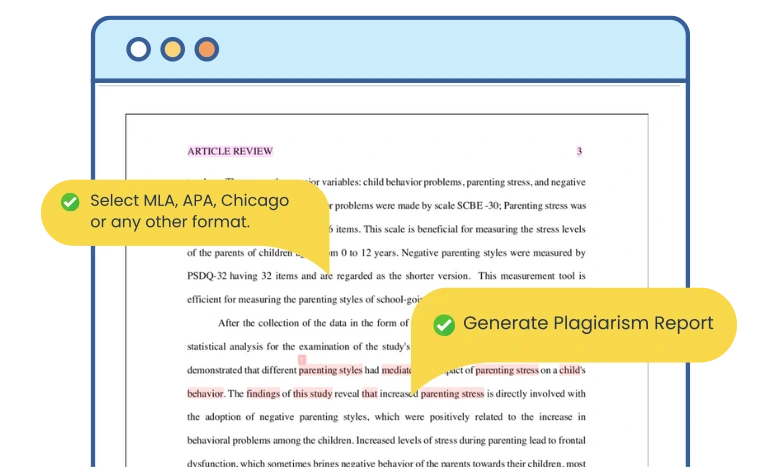The Impact of Social Media on Political Participation
Introduction
Social media has revolutionized how citizens interact with politics and engage in activism.
How Social Media Shapes Participation
Platforms like Twitter and Facebook allow users to mobilize, share information, and participate in political debates instantly.
Save your time!
- Proper editing and formatting
- Free revision, title page, and bibliography
- Flexible prices and money-back guarantee

Positive and Negative Effects
While social media lowers barriers to participation and encourages activism, it can also spread misinformation and polarize public opinion.
Positive and Negative Effects
While social media lowers barriers to participation and encourages activism, it can also spread misinformation and polarize public opinion.
Positive and Negative Effects
While social media lowers barriers to participation and encourages activism, it can also spread misinformation and polarize public opinion.
Positive and Negative Effects
While social media lowers barriers to participation and encourages activism, it can also spread misinformation and polarize public opinion.
Positive and Negative Effects
While social media lowers barriers to participation and encourages activism, it can also spread misinformation and polarize public opinion.
Positive and Negative Effects
While social media lowers barriers to participation and encourages activism, it can also spread misinformation and polarize public opinion.
Conclusion
Understanding social media’s influence is crucial for modern political science and for designing policies that foster healthy democratic engagement.